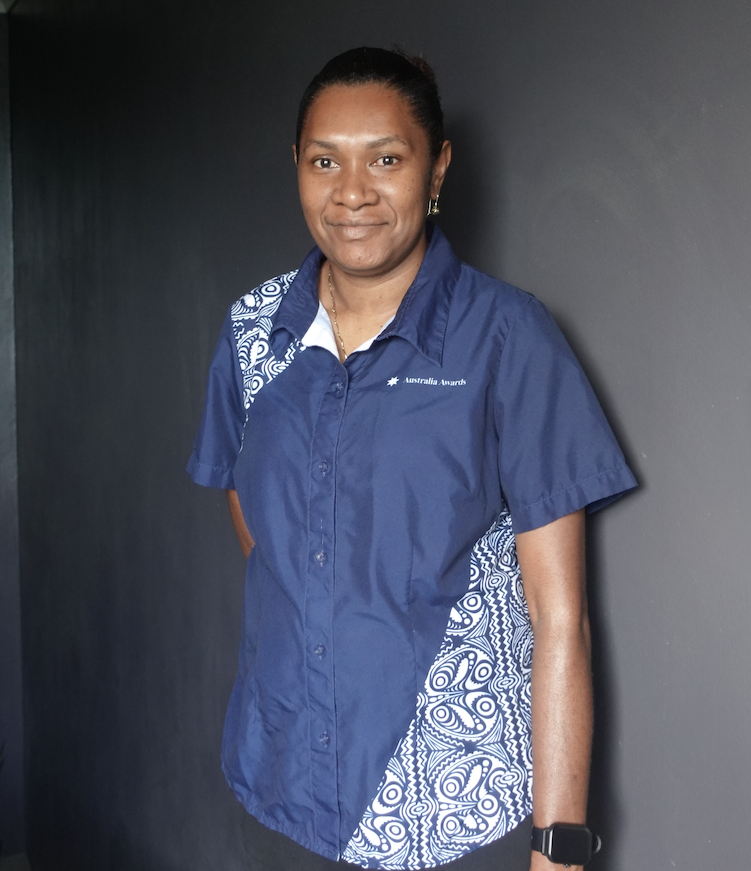When I was a kid, I used to watch UN sessions online. I was fascinated by the translators—how they listened through headsets and seamlessly translated what each government representative was saying. I remember thinking, I want to be in that room someday. I want to do that.
I grew up with my grandparents at the University of Technology, surrounded by an academic environment. I would listen to students presenting papers, watching as they stood at the front, explaining their ideas with confidence. I wanted to be like them—to stand up, present something of my own, and have people listen. My family noticed that I was outspoken in public spaces and thought I’d be a good lawyer, but something about that path didn’t feel right to me.
It was my high school guidance teacher who introduced me to linguistics. She told me, “This is a field you should consider,” and for the first time, everything clicked. Linguistics wasn’t just about language—it was about the study of meaning, of communication, of the very thing I had been drawn to as a child. And when I learned that translation was a part of linguistics, I knew this was what I wanted to do.
Attending Bumayong taught me resilience. Yes, there were school fights. But instead of letting the school’s reputation define me, I used it as motivation. I worked harder. I studied with a purpose. I wanted to prove that where I came from didn’t determine where I was going. To pursue linguistics, I needed strong English marks, and I pushed myself to excel.
I studied Linguistics and Modern Languages, majoring in Japanese, with a minor in Anthropology and Sociology. In April 2015, I graduated. By May, I landed a role as a Translation Intern at Summer Instititute of Linguistics under the language services department. It was a privilege. I worked Tok Pisin translation section under several renowned linguists in PNG one of which was Renee’ Van den Berg. School had taught me the basics, but this job introduced me to an entirely different world. I learned how to write grammar descriptions that are now archived at SIL PNG. I explored linguistic translation tools developed by IT specialists. I conducted language surveys. I was finally inside the world I had dreamed about as a child.
And that’s when I truly understood the challenge of translation. People think it’s easy, but when you’re working with academic papers or policy documents, it’s incredibly complex. Translating the National Disability Policy into Tok Pisin was one of the hardest tasks I’ve done. Some English words don’t have a direct Tok Pisin equivalent, so we had to reframe entire sections to keep the original meaning intact. Translation isn’t just about switching words between languages—it’s about carrying meaning across cultures.
Working in this field has made me appreciate Papua New Guinea even more. We’re a multilingual nation, and by default, every Papua New Guinean has the gift of language. It’s something we take for granted, but it’s powerful. That’s why I encourage people to teach their language to their children—because language carries history.
Many people don’t realize how diverse the field of Linguistics is. It doesn’t just lead to translation and interpretation—you can work in courts, government agencies, tourism and hospitality, education, and media. Linguists are needed in policy-making, language preservation, and even tech fields like speech recognition and artificial intelligence. A degree in Linguistics can take you anywhere, even outside of traditional language-related careers. For example, I transitioned into Project Management and Program Management with NGOs, proving that social sciences prepare you to adapt to different work environments.
Today I work as a Scholar & Alumni Coordinator for Australia Awards PNG and if there’s one thing I’ve learned through all of this, it’s that growth comes with struggle. If you’re not feeling pain, you’re not growing.
